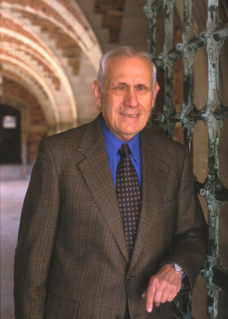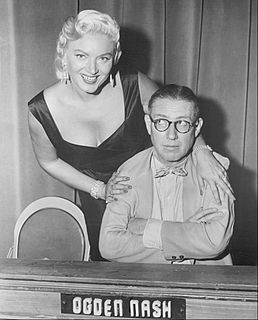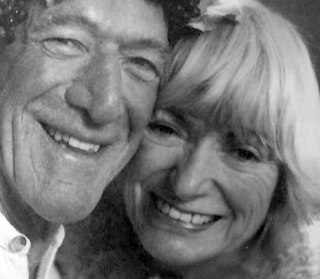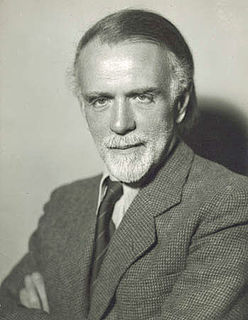A Quote by Martha Nussbaum
Well, I'm trained as a classicist, so I like to read the Greeks and Romans.
Related Quotes
What I tried to show is that this idea of this fundamental conflict between savagery and civilization goes back to the very beginnings of Western history. I go back to the Greeks, I go back to the Romans. You can read Homer. And of course Homer has his great heroes involved in this myth, this wonderful mythic contest with savage tribal peoples, half-human monsters on distant parts of the world.
The characteristics of a good musician can be summarized as follows: 1. A well-trained ear. 2. A well-trained intelligence. 3. A well-trained heart. 4. A well-trained hand. All four must develop together, in constant equilibrium. As soon as one lags behind or rushes ahead, there is something wrong. So far most of you have met only the requirement of the fourth point: the training of your fingers has left the rest far behind. You would have achieved the same results more quickly and easily, however, if your training in the other three had kept pace.








































